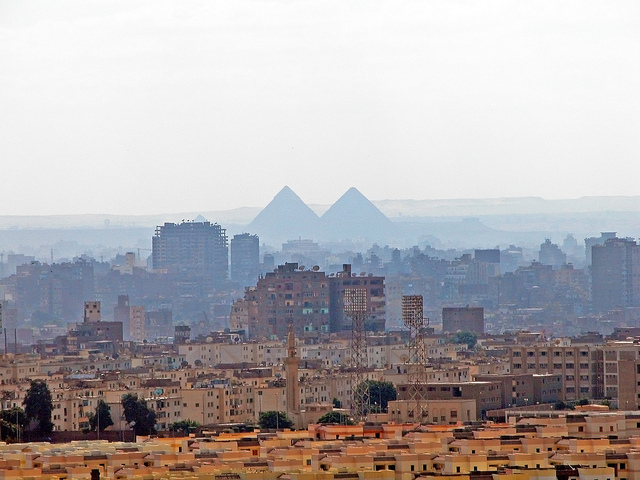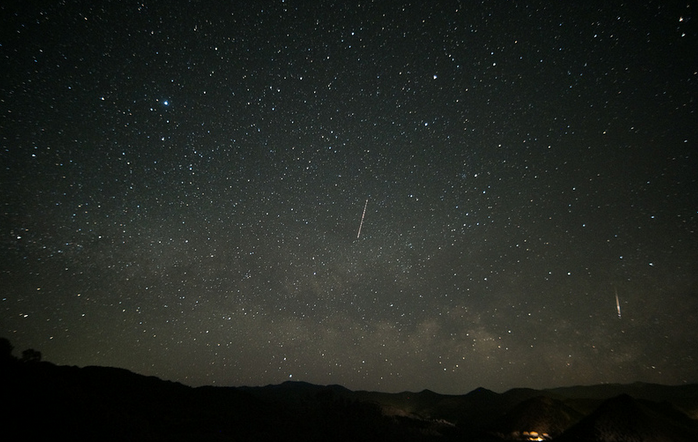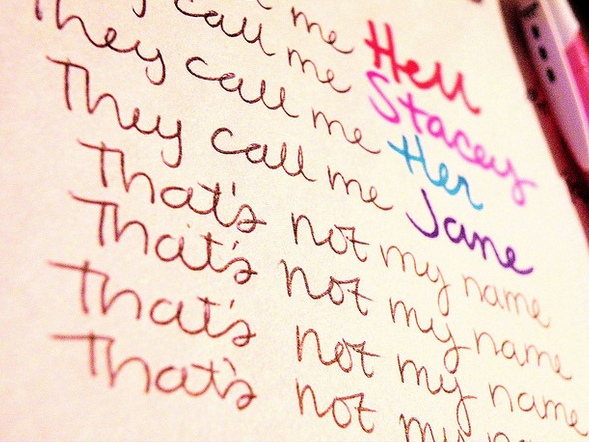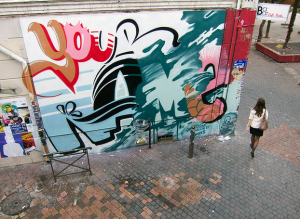Have You Been ‘As Good as Gold?’
In the run up to Christmas, children are often asked if they have been ‘good’. Perhaps you have answered ‘I have been good as gold’, but do you know where that simile comes from?
Egypt – The Land of a Soul of a God
Have you ever visited Egypt? Or even just travelled in your imagination to see the pyramids and the Sphinx? Well, now we are going to travel back in time along the path of the word itself, to see where it came from.
Shooting stars, Weather, and Rocks falling from the Sky!
What do shooting stars, weather and rocks falling from the sky have in common? Are you wondering whether we have gone mad asking such a question? Do rocks ever fall from the sky? Of course they do! You might know them better as “meteorites”, and they are meteors, or rocks from outer space, that fall down to the earth. And what does that have to do with weather? It’s not like they come down like rain! And before you say to yourself “meteor shower”, remember that a meteor is actually a shooting star, a space-rock that burns up in the Earth’s atmosphere. Related, yes, but weather, no.
The weather connection is through another word, generally used to mean “study of the weather”. That word is “meteorology”. As you can see, all three have something in common – the word “meteor”.
So what is this word, and how did it come to mean these different things?
Meteor came into English through French in the late 15th century. In French it was meteore. Very similar, you might think. Does this mean that it is a French word. Not at all. The next question we must ask ourselves is where did French get it from? The answer is from Medieval Latin meteorum, which meant “things in the heavens”. But this is not the end of the tale. Latin took the word from ancient Greek, and in Greek we can analyse the word to see what it really means.
The Greek word μετέωρα (meteora) can be broken into two parts: meta, which means “over, beyond” and aora, which comes from the verb αείρω/ αίρω (aeiro, airo), which meant “to raise, lift up”. Even today, in Modern Greek, αιωρείται (aioreitai) means “it hovers”. All this means that the original meaning of the word was “thing that is raised in the air”. And even in ancient times this developed to mean “things in the sky” and gradually came to have the meaning it does today.
Another interesting point is that the word “air” is in fact from the same root as αείρω (aeiro), which makes it a distant cousin, or cognate, of “meteor”.
Did you know:
One of the largest and most famous meteor craters is to be found in northern Arizona, desert of the U.S. It is 1,200m wide, 170m deep and calculated to be created 50,000 years ago! It is more commonly known as the Barringer Crater.
Title Photography: Mike Lewinski 2013
What’s in a name….?
Do you ever wonder why people can’t pronounce your name correctly? Or struggle to say a friend’s name right sometimes? Here Avani tells us about her experiences, and how we can make the effort to pronounce things as best we can!
Do people always get your name wrong?
My name is Avani and let me start by saying: I get it.
Sometimes I spend ages teaching someone how to say my name properly (Uvni would probably be the best way to write how it’s pronounced) and other times I really can’t be bothered. I wish I had an easier name, or that people would just work harder to get it right!
Why do we find some names really difficult to pronounce and others really easy?
Here in England, people have names which come from all over the world. These names might be from places where a different language is spoken, and the different languages may also use different letters or characters to those we use for English.
My family, for example, come from a part of India called Gujarat. The Gujarati language uses a syllabary (a set of sounds) rather than an alphabet, but the syllables don’t always match up with English letter. The ‘v’ in ‘Avani’ (વ in Gujarati script) should actually be pronounced somewhere in between the English ‘v’ and ‘w’ sounds, but there isn’t an English letter that sounds exactly the same and this makes my name harder for people to remember! Also the ‘a’ and ‘u’ sounds in Gujarati are written using variations of the same symbol (અ (u) and આ (a)), which is why my name is spelt with an ‘A’, but pronounced using a ‘U’. Here’s what ‘Avani’ looks like written in Gujarati: અવનો – cool, right?
Languages which do use the same letters as those in English, may not pronounce all of them in the same way. This means that names that look similar on paper may be pronounced differently depending on where in the world someone lives. In Spanish, for example, the ‘j’ and ‘x’ letters are more like (but not identical to!) the English ‘h’, and in German, the letter ‘j’ sounds more like the English ‘y’ – can you imagine all the different ways people around the world must pronounce ‘Jesus’? You can listen to a few here!
It’s not only names from other countries that are hard to pronounce though! Have you ever thought about which common English names might be tricky for someone learning the language to get their head around? What about the name ‘Thomas’? We say it with a hard ‘T’ (like the one in ‘tree’, rather than the one in ‘three’) even though it is spelt with a ‘Th’, and we say the name ‘Charlotte’ with a ‘Sh’ sound (like in shop) even though it is spelt with a ‘Ch’ (like in chop). It must be hard to keep up with which names follow the usual pronunciation rules (like Theo or Charles) and which ones don’t!
What can I do if I think I’m pronouncing someone’s name wrong?
It is always worth checking with someone if you think you’re saying their name wrong – even if you’ve known them for ages and are embarrassed about asking, chances are they’ll be really glad to have an opportunity to correct you! However, it’s also important to remember that even if you know that the way someone says their name is different to the traditional way of saying it, you should always say their name like they have asked you to. Many people living in England, for example, prefer to go by a nickname or a more ‘Anglicised’ (English-sounding) version of their name to make things a little easier – so if you know a ‘Jesminder’ who prefers ‘Jess’, or a ‘Paulo’ who prefers ‘Paul’, you should respect their decision!
If you’ve just met someone new and have forgotten how to pronounce their name (or even if you’ve met them a few
times) – don’t despair, they probably won’t mind if you ask them again! If you are too embarrassed, though, there is a huge variety of pronunciation websites out there which will be able to help you. Click here for a good one!
Do you have a hard-to-pronounce name? Or have you ever been in an embarrassing situation over getting someone’s name wrong? Do you live in another country – which English names do you really struggle with? I’d love to hear your stories!
As well as trying to get people to say her name right, Avani Shah is currently working on a book for 8-12 year olds. She also blogs about her childhood and teenage experiences (Away with the Mice) and writes about words, etymology, and spelling for a website called Spellzone.
Title Photograph: Daisy 2008
Nom & Malc 2008
RiPO 2012







